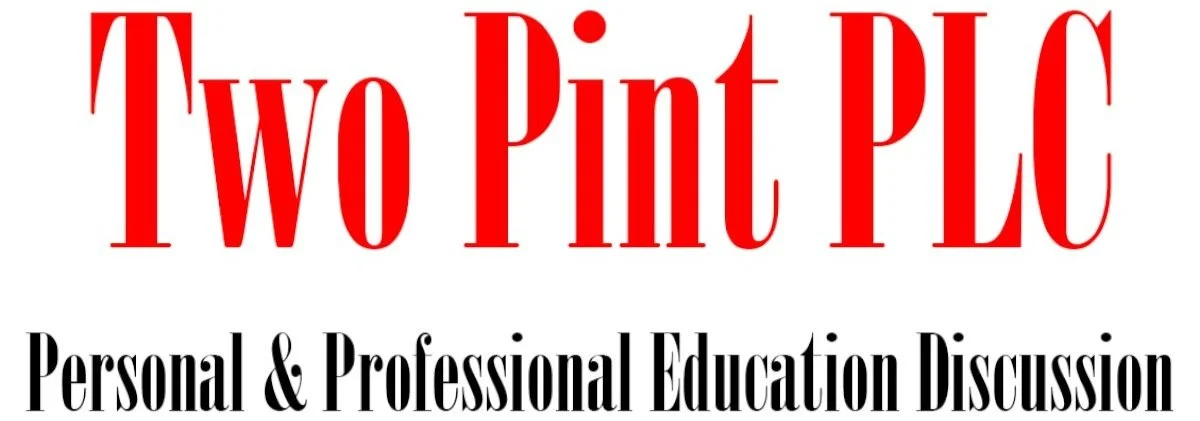Research in the Wild
Why are people so influenced by false information, even when they know better? We are joined by researcher Nikita Antonia Salovich to discuss her recent work on evaluative mindsets, and how we can apply on-going work to how we handle information in the classroom.
Later, we discuss Culturally Responsive Science Teaching - and how teachers can better cultivate sociopolitical consciousness with students.
Why do people believe false stories on social media? Who is most susceptible to misinformation or to the more malicious version, disinformation?
In this episode, we speak with Ph.D. candidate in Cognitive Psychology at Northwestern Nikita Salovich. Her research on how “fake news” grows and how we can slow or stop the spread.
Spark Science encourages our listeners to get vaccinated and to use the information in this episode to have discussions with hesitant family and friends to get vaccinated as well. Another great resource is the Debunking Handbook.
Our brains are great at soaking up all sorts of information, but less good at updating that information. This can become a problem when it comes to the insidious nature of fake news. Thankfully, Nikita Salovich is on the case, studying how we cope with fake news.
Science Outreach
I’m a strong believer that science is only as powerful as our ability communicate it with others. One of the ways I share my passion for psychology is through getting people (especially tiny people!) in my community as excited to learn about the brain as I am.
While in-person outreach initiatives are put on hold for the time-being, consider donating to Northwestern University’s Brain Awareness Outreach back-to-school fundraiser to support Chicago Public School students and teachers during this difficult time of remote learning. Money raised will go directly to provide remote learning support, book and meal distribution, and direct emergency relief funds for students and families. Your generosity will make a BIG difference in the lives of students as they head back to school!






